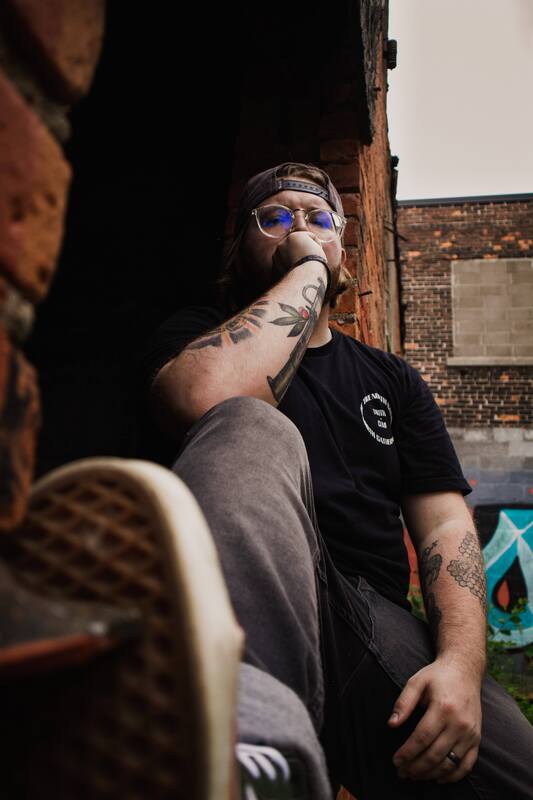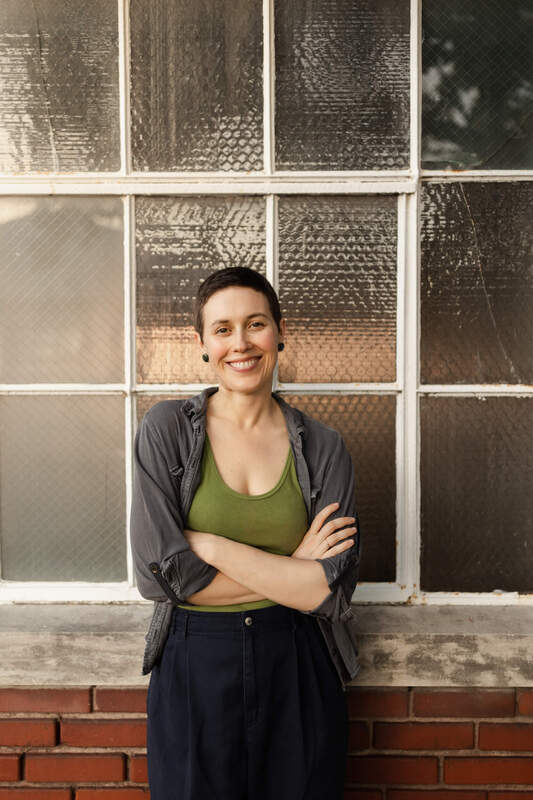
Remembering these six things can help when working through childhood trauma:
- Not all trauma comes from a single, obvious source or experience.
Complex trauma is traumatization that happens repeatedly and chronically over long periods of time. Childhood trauma, or developmental trauma, is almost always complex and relational. Relational trauma is often more difficult to see and acknowledge because the trauma itself is unfolding within relational dynamics, which can be both subtle and pervasive.
For those of us who have developmental trauma as a result of pervasive family dynamics—opposed to obvious, overt forms of abuse—realizing and validating the source of our struggles with low self-worth, shame, guilt, people-pleasing, anxiety, etc. can be an added challenge.
Choosing to take a look at our childhood requires courage and it’s common for adults to feel guilty as they begin to explore difficult childhood experiences, especially those who were parentified and/or grew up in enmeshed family systems. When we are parentified in childhood, and/or when we grow up in a family with unhealthy boundaries, we learn to feel responsible for other people’s emotional experiences, including our parents’
Our parents are only human, and as such, they have shortcomings and make mistakes. Messiness is part of life, and it is OK to admit that our parents weren’t perfect. Being honest with ourselves about the ways we were impacted by the parenting we received is not a betrayal, and it doesn’t mean that we can’t simultaneously be grateful for the things our parents got right.
Being honest with ourselves about the parenting we received is healing in multiple ways. It can prevent the transmission of trauma to our own children. It also allows us to revisit young memories through the lens of our adult self, which can help create a more realistic, healthy relationship with our parents in the long run (if that is something we desire).
| 3. It’s important to acknowledge how we were hurt. Failing to go back and fully acknowledge and understand the ways in which we were hurt as children is a form of self-abandonment. There are young parts inside of us that were wounded during our trauma. As children we may have felt abandoned, helpless, and alone. When we avoid revisiting the memories of our childhood, this is a recreation of that original abandonment, only this time we are abandoning ourselves. An important part of healing childhood trauma in adulthood is learning to show up for ourselves in the ways that we needed but didn’t get as children, and that starts with fully acknowledging the ways in which we were hurt. |
Developing a relationship with our anger is often an integral part of childhood trauma healing. It is common for those with childhood trauma to fear their anger, and either completely suppress it (the Fawn Response) or fly into uncontrollable rage.
But anger is just a feeling, and part of childhood trauma recovery is learning to accept that it’s OK to feel angry toward people that we otherwise may love deeply, and it’s also OK for other people to feel angry with us.
Deepening our capacity to tolerate discomfort and paradox is a part of working through our childhood wounds. Fully allowing ourselves to feel our anger, paradoxically, is what paves the way for forgiveness (if that’s something we desire) and an ability to let go and move on.
| 5. Approach your past with curiosity. Intentionally cultivating an attitude of nonjudgmental, open-minded curiosity will help you as you begin exploring your inner world and all the experiences you’ve had. Childhood trauma work is about growing our capacity for self-parenting, and this requires tapping into and strengthening our adult selves. Being in our adult self requires the capacity to hold compassionate, nonjudgmental space for our younger, hurting, scared parts. This is approached as an ongoing practice, and not something that we will ever necessarily be perfect at. When we have a history of childhood trauma we also often have a very loud and aggressive inner critic, working with this part will be important as well. |  Photo by Allan Dias on Unsplash |
Choosing to embark on the journey toward self-healing is the most important thing we'll ever do. And it’s exhausting. When we have developmental trauma we often also struggle with basic self-care. Why? Because self-care is self-nurturing.
Many of us did not receive the kind of nurturing, or emotional attunement, we needed as children and now struggle to give it to ourselves. So, make learning how to nurture yourself part of your practice.
Ask yourself, “how would I take care of myself right now if I were a small child/friend/loved one?” and take care of yourself like that. Good food. Movement. Routine. Enough sleep. Connection with people who support you. These are the core foundations for the reparenting process and healing these early wounds.
To read more, check out my earlier blogs about inner child healing and healing inner child wounds.
Meet the Author
| Ready to heal your relationship with yourself? Maggie is a therapist based out of Lawrence, Kansas who specializes in therapy for highly sensitive adults, therapy for self-esteem, therapy for anxiety, therapy for childhood trauma, and grief and bereavement counseling. Maggie is passionate about helping people overcome shame and the fear of being their true selves. Breaking the cycles of people-pleasing and self-abandonment is possible; you don't have to suffer alone. Maggie offers online therapy throughout the state of Kansas. Reach out today to schedule your free 15 minute phone consultation! |
Other Services Offered by Maggie
Astrology is a powerful tool for gaining self-awareness, finding meaning in and understanding of our difficult experiences, and for receiving validation regarding our own unique life path. All of which supports our mental health in a positive way!
Interested in getting a Natal Chart Reading? Book a free phone consultation and let’s get started!



 RSS Feed
RSS Feed
